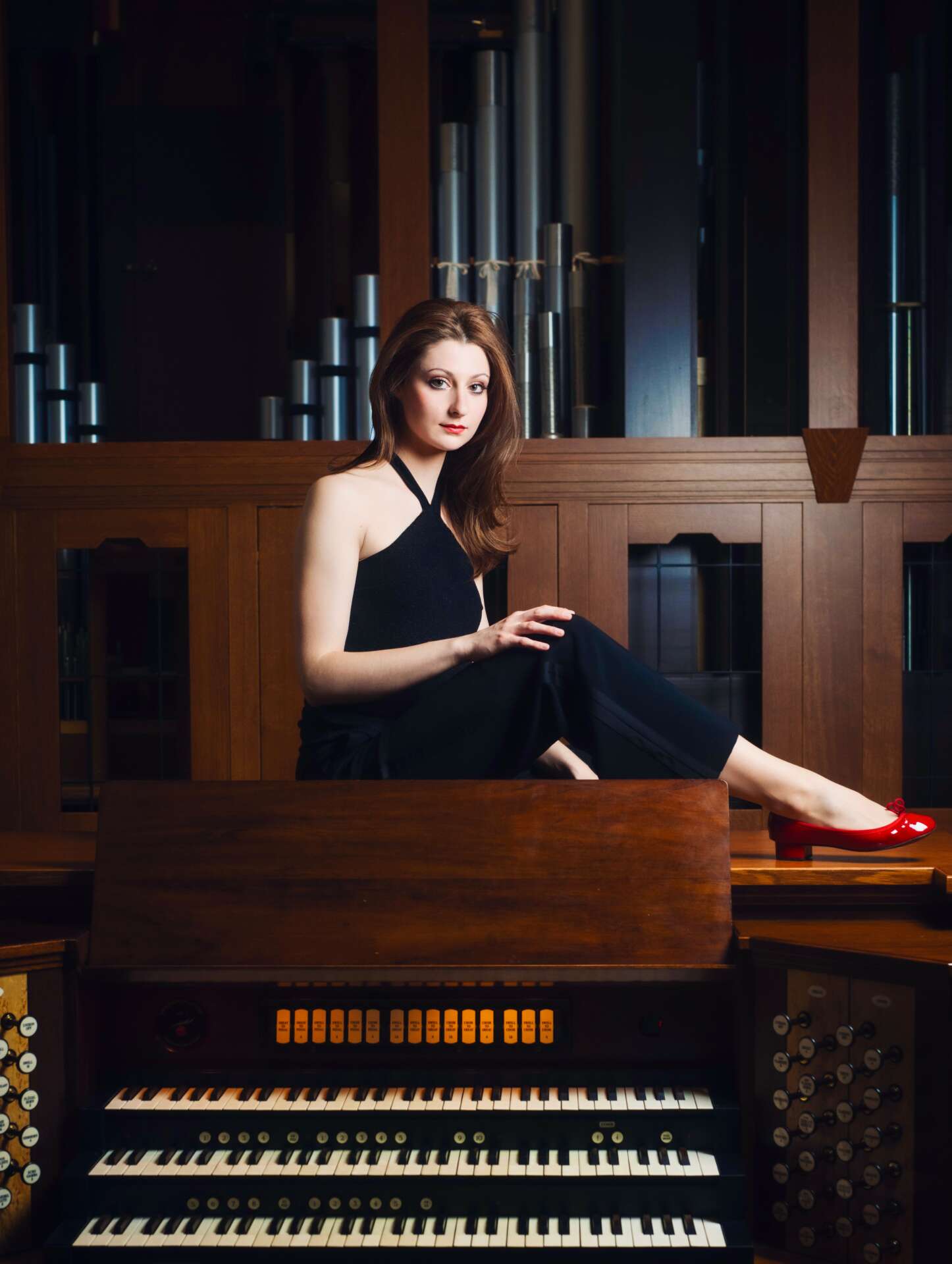We’re excited to introduce you to the always interesting and insightful Amelie Held. We hope you’ll enjoy our conversation with Amelie below.
Amelie, thanks for joining us, excited to have you contributing your stories and insights. We’d love to hear the backstory behind a risk you’ve taken – whether big or small, walk us through what it was like and how it ultimately turned out.
I feel like my whole life can be described by just one simple quote: “No risk, no fun!” I never really listened to people telling me what to do or what not to do. Everyone kept saying, I should not go into music. It was always the same: You will never find a job, you will never have any financial stability, you will never make enough money, you are better off studying law or medicine. Especially coming from an entirely non-musical background, I always felt like my reasons for going into music, professionally, were just nothing anyone else would ever understand. So I might as well just take the risk and do what I have always wanted to do!
Because in the end, you always have to ask yourself just one question: In life, do you want to do what you love and what you are passionate about because you think it is worth it or would you rather be spending your time (life is short!) on a 9 to 5 job, just because it is the safer option?
Yes, I might have ended up choosing one of the most difficult pathways imaginable, but at least I can safely say that I always did and do what I love the most: making music.
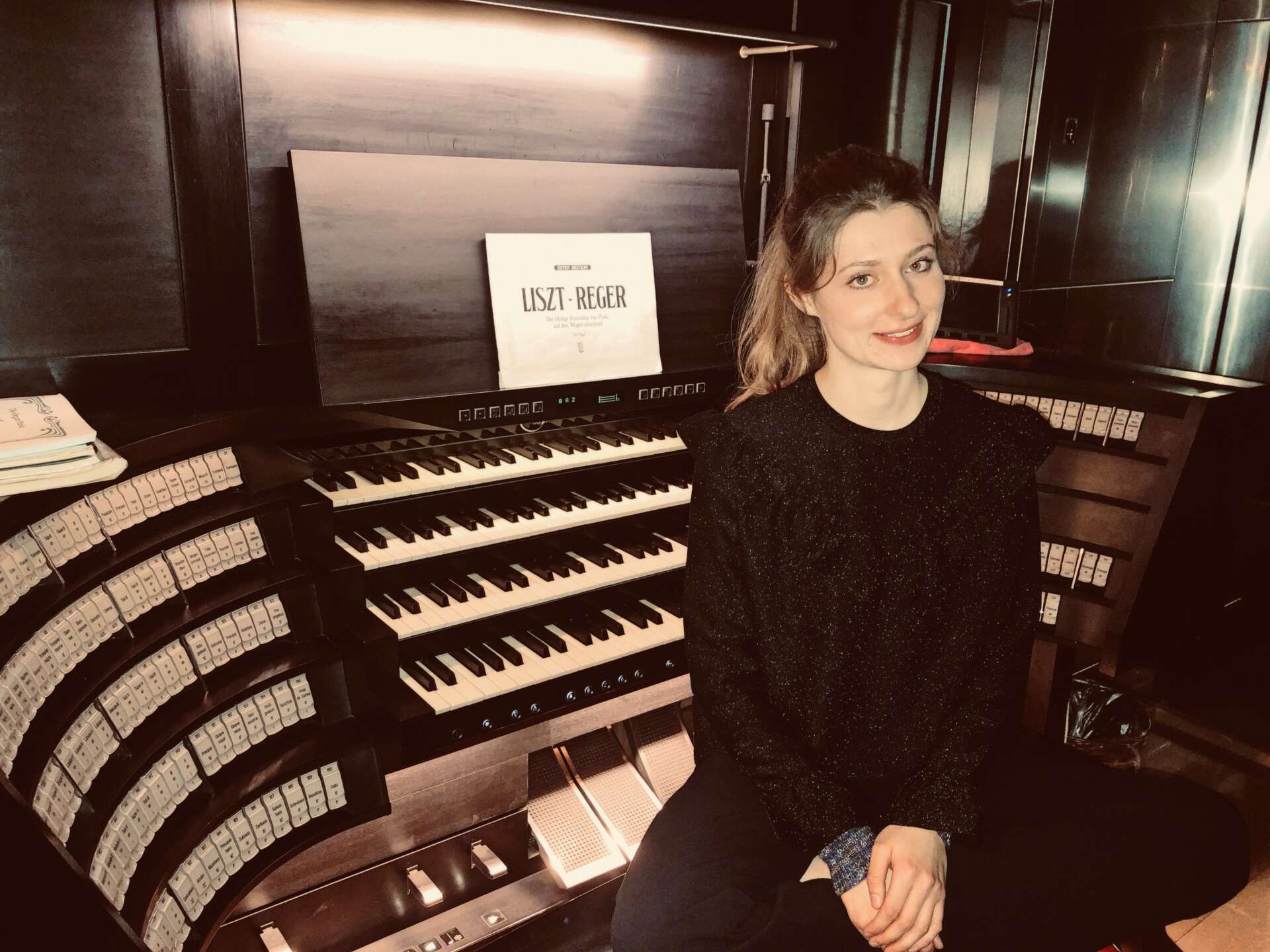

Amelie, before we move on to more of these sorts of questions, can you take some time to bring our readers up to speed on you and what you do?
I am a musician. Or more precisely, I am an organist. I play recitals in concert halls and cathedrals all across the world, sometimes also in unusual places, such as art exhibitions or high school gymnasiums. I educate and teach and try to shatter any misconceptions about the organ. (“The organ is boring, the organ is only for religious purposes, the organ always sounds the same, organists only play music by Bach or on Halloween” – you name it.) I never really planned to become an organist, originally. Coming from a non-musician family, this was a long way to go. I started out on the piano, I also have a BA degree in violin and a fascination for aviation and motorcycles. (Yes, I have a motorcycle license, even though this is the worst thing I could do, given the fact that I need all of my extremities for my job and an accident could immediately end my entire career – here we are, talking about risk again…)
But back to the organ: Ever since I was a child, my fascination for this gigantic and complex instrument somehow never let go of me. I was about ten years old when I was standing for the first time in front of this huge cockpit-like console with its many knobs, keys and pedals, trying to wrap my head around the fact that all of this could be controlled by just one person. The organ is the only instrument that can go from super soft sounds to ear-blasting frequencies, all in just under a second! It is the only instrument that has just as many sound colours as an entire orchestra, and even more! In fact, as an organist I could be my own ‘one girl orchestra’ and I just loved this idea! So much, that I spent nine years of my life studying at different music conservatories in Germany, France, Italy and the US and had the chance to learn from the very best performers and pedagogues of our time. Now it is my turn to pass all the knowledge that I gained during those years on to the next generation and anyone interested in discovering the organ. Thankfully, my job never gets boring, because no two instruments on this planet are the same, but every organ is a unicum. Unlike pianists or any other instrumentalists, we need to newly adapt to each and every instrument every single time, finding the best sound colours and getting used to the different measurements of each organ, which in fact makes us organists the most flexible musicians out there! But sadly, my instrument is being underrepresented and underestimated in so many ways… So now it has become my job and responsibility to make the instrument and all of its repertoire cool again! By the way, all organists need special shoes for playing: Mine are ruby red and have by now become my signature trademark.
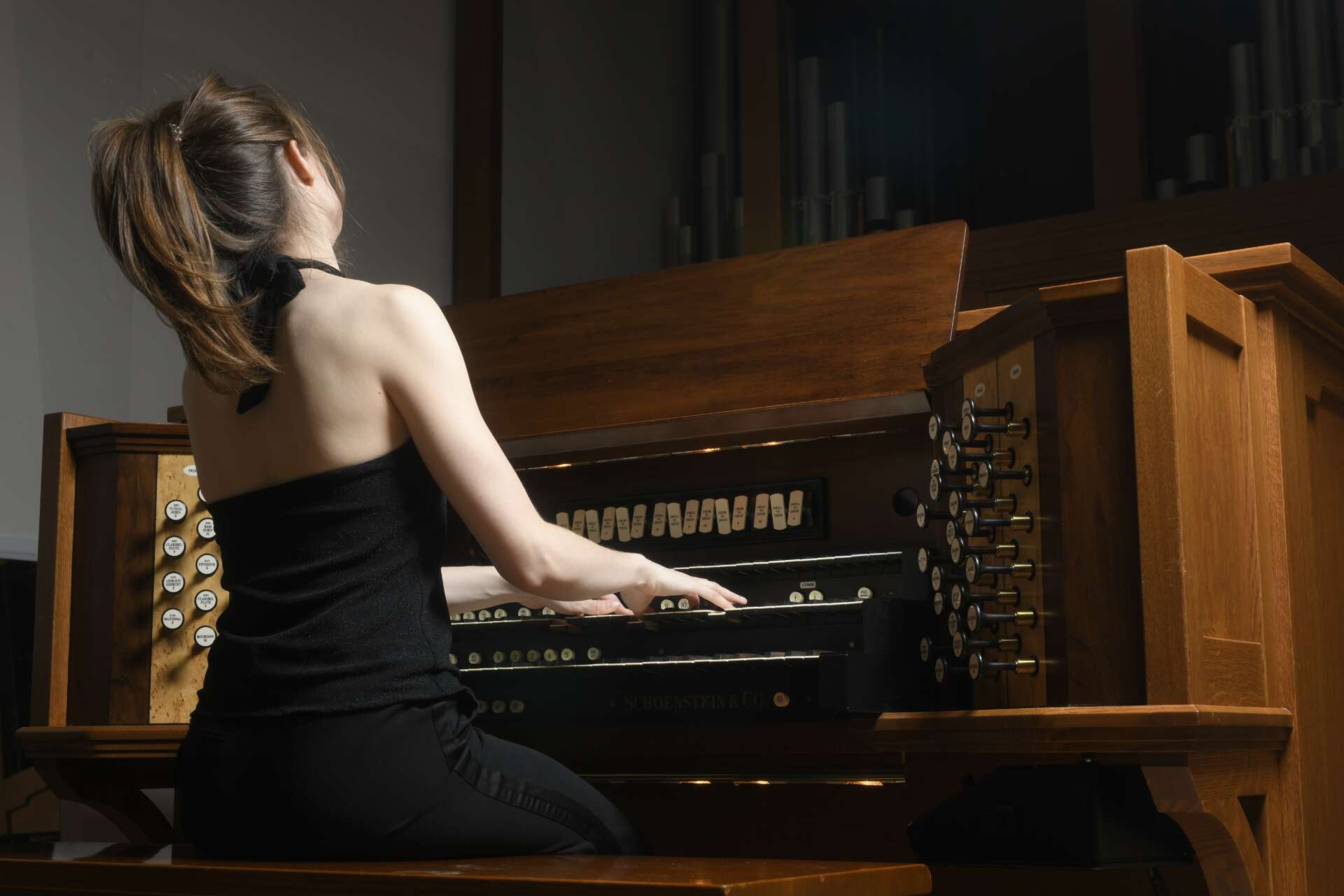
Is there something you think non-creatives will struggle to understand about your journey as a creative? Maybe you can provide some insight – you never know who might benefit from the enlightenment.
Most professional musicians have started learning their instrument at a very early age and dedicated their entire time and life to it, already before even graduating high-school. We had to learn very early on that, without hard work and many many hours of practice each day, we would not get anywhere and now would not be where we are. Yes, as a musician you need grit, discipline and resilience. Not everyone will like what you are doing, even if you have spent hours working on it. Even when you fail, you need to continue working hard at getting better and better. On top of that, artists are perfectionists. Chances are high that even after having played the best recital of our lives, we will still find something to criticise and will go straight back to the practice room. (Ok, maybe not straight after the concert, because we also like to party, but definitely the next day!) We are lifelong learners and the journey always continues.
Nowadays, that kind of work ethic and dedication is hard to find in another job. No other job requires you to have started already as a kid and to have gathered endless amounts of experience before even entering college or university. Unless you are an athlete training for the Olympics or another sports event, you will probably have a hard time imagining what I am talking about…
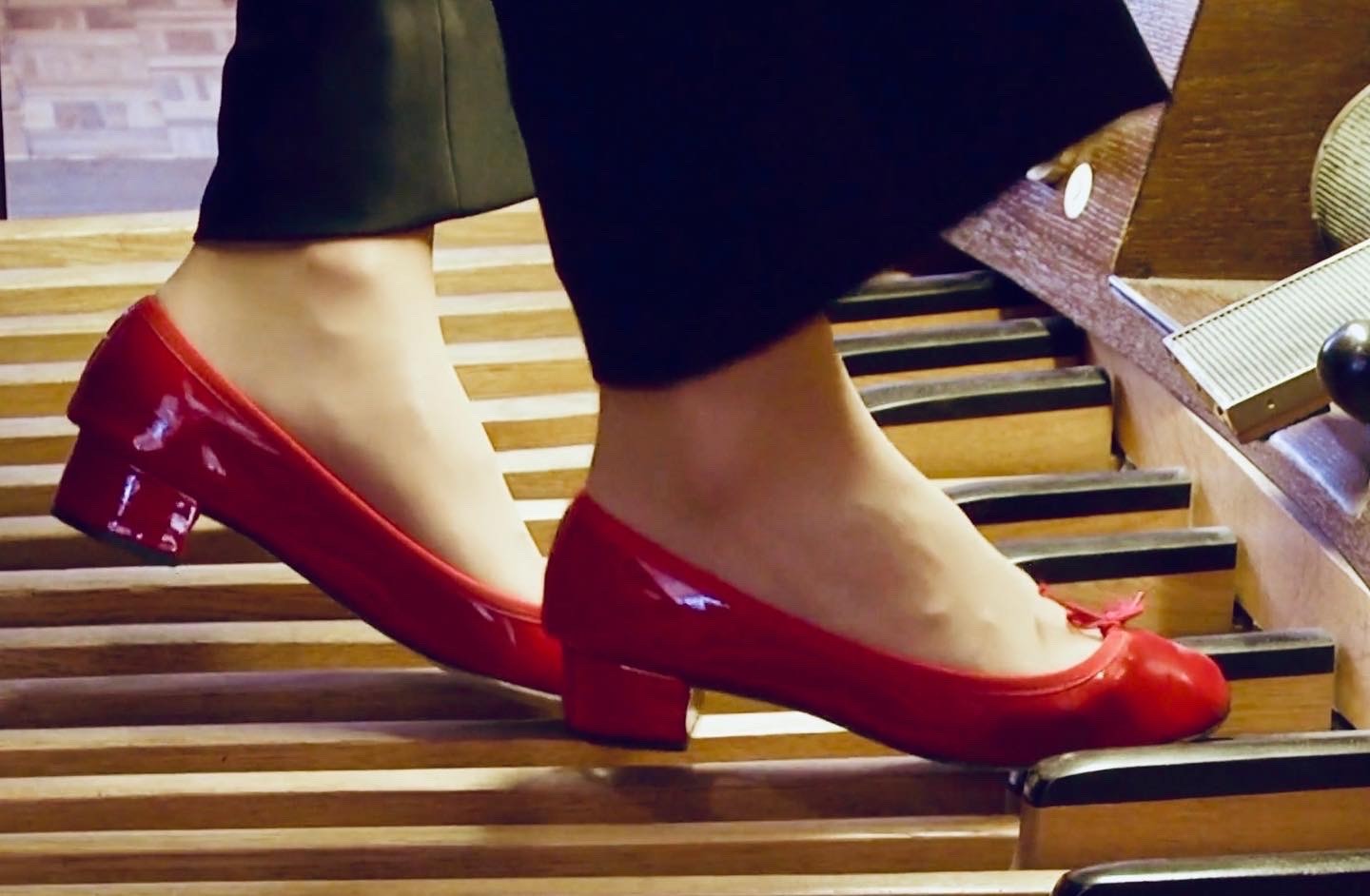
For you, what’s the most rewarding aspect of being a creative?
When someone who has never in his life heard an organ before comes up to me after a concert and ´is simply astounded by the variability of sounds, glad to have finally discovered that the organ could be so much more than just that dusty instrument in the corner of a gloomy church – that is simply the best feeling in the world! Because no matter how sceptic people are, the organ never fails to impress: Not only is every single instrument different in size, measurement, sound colour etc., but there is also so much more to it than just the musical aspect. Modern organs nowadays use highly complex computer technology that will impress any IT specialist, the complex interior of an organ with its thousands of pipes, wind-chests and ladders, equalling a real labyrinth behind that gorgeous façade, is a dream playground for any engineer! I promise, anyone who is brave enough to let go of their preconceptions will discover something astonishing and simply fascinating! If we as artists and musicians do not fight for our culture and the centuries of history that we carry on our shoulders, then who will? Even if it will never be easy to survive as an artist given the times we live in, we have to stand up for the importance of our culture, show people our music and make them listen! Maybe it is not necessary for the world to have another musician, another organist. But it is not about ME being a musician, it is about making a difference and saving our culture. Now, before it is too late…
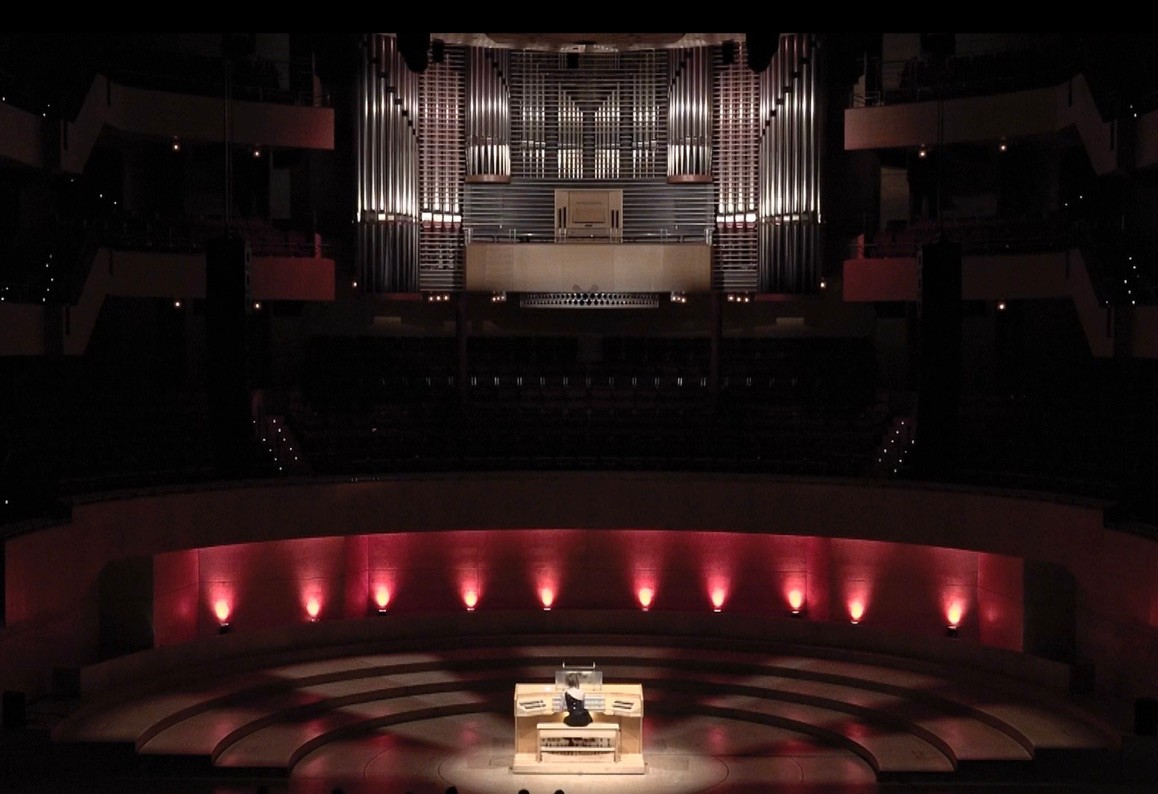
Contact Info:
- Website: www.amelieheld.com
- Instagram: amelieheld_org
- Youtube: https://www.youtube.com/c/AmelieHeld
Image Credits
Thomas Brunot, Sasha Etezazi, private


